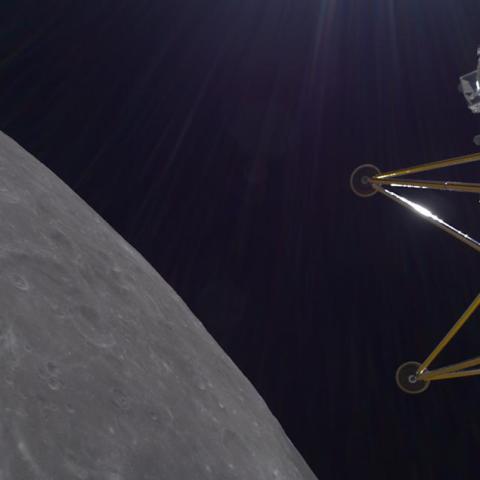LONDON — The U.K. has paused its free trade talks with Israel and imposed sanctions on settlements in the West Bank. This decision came swiftly after Israel initiated a military operation in Gaza.
The pressure is mounting on Israel due to a blockade affecting Gaza, resulting in severe shortages of vital supplies. Even the U.S., a longtime ally, has expressed concerns about the human disaster unfolding there. British Foreign Secretary David Lammy criticized Israel’s actions, calling them "indefensible."
"History will judge them," Lammy said, pointing out that blocking aid and escalating violence is unacceptable. He announced sanctions against three individuals and two illegal settlements, highlighting that such settlements are expanding with the Israeli government’s support.
The Israeli ambassador to the U.K., Tzipi Hotovely, was called in by the Foreign Office to hear these concerns. In a parallel move, European Union officials are also reassessing their trade agreements with Israel. Many EU member states are advocating for stronger actions against Israel.
Public sentiment in the U.K. is divided. While some parliament members urge stronger measures, including economic sanctions on Israel, others feel that this could inadvertently favor Hamas.
Prime Minister Keir Starmer described the humanitarian crisis in Gaza as "utterly intolerable." Along with French President Emmanuel Macron and Canadian Prime Minister Mark Carney, he has called for a ceasefire and an increase in humanitarian aid. They delivered a unified message, warning of concrete actions if Israel doesn’t halt its military offensive and ease restrictions on aid.
Starmer argued that prolonging this conflict is not an option, urging for immediate relief for the people suffering in Gaza.
In his recent statements, Israeli Prime Minister Benjamin Netanyahu referred to these calls as a "huge prize" for Hamas. The ongoing confrontation has led to deep international disparities in support for Israel, especially after more than 53,000 Palestinian casualties have been reported, many of them women and children.
The current landscape reflects a growing frustration with Israel’s military approach. Macron’s government is exploring options, such as potentially recognizing a Palestinian state, especially as they prepare to co-host an international conference later this year focused on a two-state solution.
This shift in diplomatic language marks a significant moment in international affairs. The sentiment on social media reflects a heightened awareness about the humanitarian conditions, with many calling for urgent action and accountability.
As tensions rise further, questions remain about how the response from global leaders will shape future events in the ongoing conflict. For more in-depth commentary on this topic, you can explore insights from the European Council on Foreign Relations here.






















